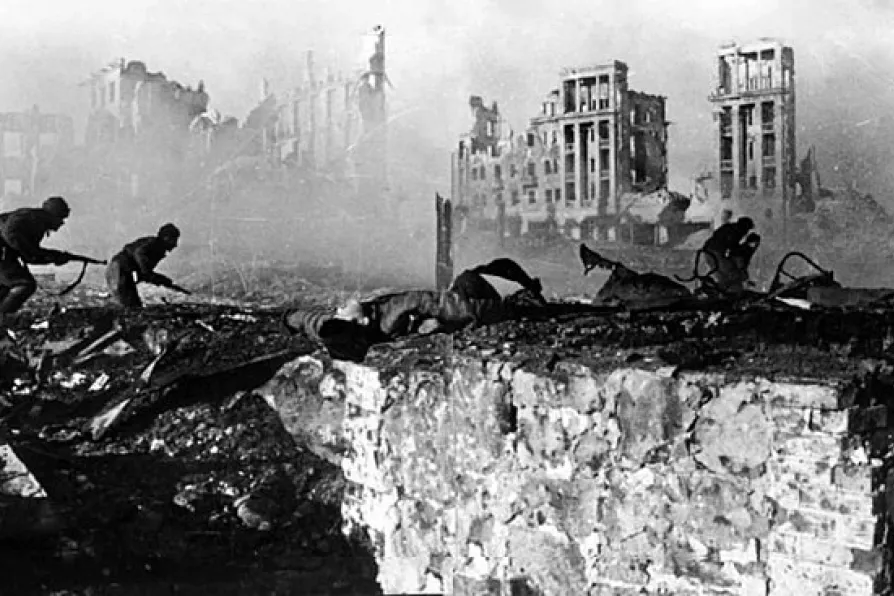Data on regional deprivation in England shows us an unequal society, but what to do about it remains unanswered argue ROX MIDDLETON, LIAM SHAW and MIRIAM GAUNTLETT

 Soviet soldiers on the attack in Stalingrad, 1943
Soviet soldiers on the attack in Stalingrad, 1943
EIGHTY years ago, on February 2 1943, the Soviet Union’s sustained defence of the city of Stalingrad (now Volgograd), ended with the surrender of 91,000 soldiers of the German 6th Army under General von Paulus.
The battle for the city had raged since the previous September. The figures of human losses, unpublicised, besides German prisoners of war, were, for Germany, almost 150,000 and for the Soviet Union were around half a million.
The Nazi failure to win the struggle for Stalingrad, and to advance in the south to the oil producing centres of Grozny and Baku, represented a huge setback for Hitler’s Operation Barbarossa, launched on June 22 1941.

The obfuscation of Nazism’s capitalist roots has seen imperialism redeploy fascism again and again — from the killing fields of Guatemala to the war in Ukraine, writes PAWEL WARGAN

PHIL KATZ looks at how the Daily Worker, the Morning Star's forerunner, covered the breathless last days of World War II 80 years ago

The pivotal role of the Red Army and sacrifices of the Russian people in the defeat of Nazi Germany must never be forgotten, writes DR DYLAN MURPHY











